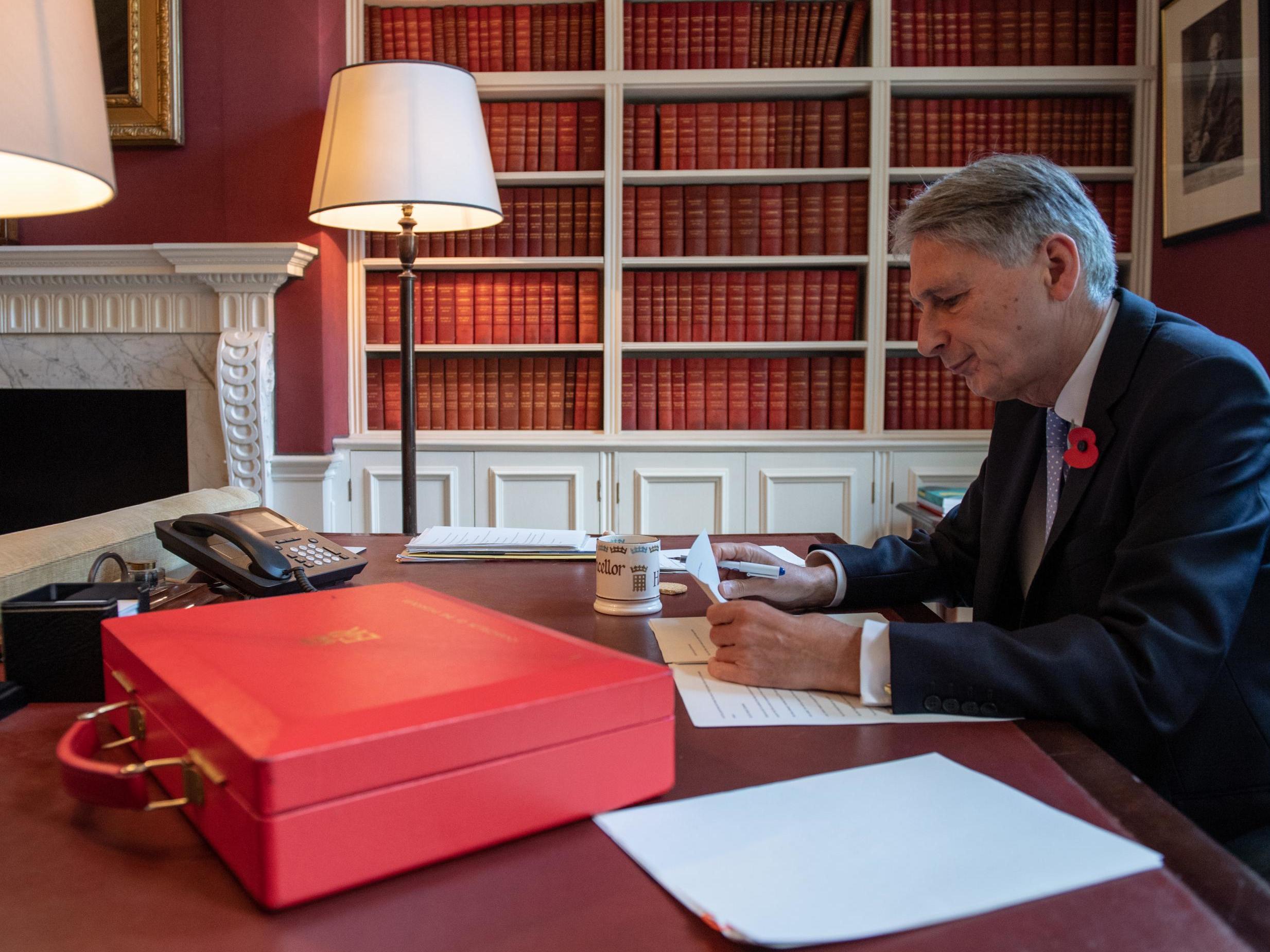How Philip Hammond has managed to avoid his Budget unravelling
Despite the best efforts of shadow chancellor John McDonnell to spread doom and gloom, Philip Hammond’s Budget remains stubbornly well received


Ten years ago, Gordon Brown asked Alistair Darling, the chancellor, after the 2008 Budget: “Has anything unravelled yet?” Brown was so used, when he was chancellor, to having something go wrong after number-crunchers analysed the detail of his Budgets, that he couldn’t believe most commentators seemed to think his successor’s Budget was broadly sensible.
Today, if Theresa May asked Philip Hammond if anything has unravelled yet, he could say that his Budget has stayed pretty ravelled on day two. It has survived the morning headlines and even the stiffest of all tests, the Institute for Fiscal Studies (IFS) assessment, delivered at lunchtime today.
The worst the IFS can say is that the chancellor is taking a risk by increasing borrowing over the next few years, and that he ought to be raising taxes instead. Those are not criticisms that are likely to gain much of a following in public opinion, or in the House of Commons.
Instead, John McDonnell took the opposite line. His complaint is that Hammond didn’t spend enough. He should be planning to borrow much more – that was the implication of the bleak picture the shadow chancellor painted in the Commons today of the UK as a ravaged wasteland betrayed by the Tories’ broken promise that austerity is over.
It was a terrible litany of suicide, disability, cuts to school budgets, economic stagnation and inaction on climate change, all in the name of the “ideology that greed is good”. He made some good points. The government really ought to look again at work capability assessments, particularly for people with mental illnesses. But the overall impression of a wall of negativity meant that anyone who doesn’t already agree with him was unlikely to pay attention.
McDonnell’s task was made harder by his decision to instruct Labour MPs not to oppose the income tax cuts in the Budget. Many Labour people – Andy Burnham, Yvette Cooper, Lisa Nandy and David Lammy – are unhappy about these tax cuts because they benefit the better off more than the poor.
McDonnell’s rather Blairite tactic of refusing to condemn a popular tax cut makes it harder for him to adopt the IFS line that taxes should rise to pay for better services. When accused of simply wanting to borrow more, he is left relying rather vaguely on heavier taxes on global corporations – and Hammond has even got there first with his admittedly rather feeble digital services tax on tech giants.
In his Budget speech, Hammond closed down or muffled every possible line of Labour attack. By spending more on the NHS, universal credit, schools and police, he reduced McDonnell to saying “it’s not enough”.
Thus we saw more of that surprising development in British politics, the growing stature of Matt Hancock, the health secretary, in the Commons today. It fell to him to lead for the government in the Budget debate this afternoon, and, facing a loud Labour front bench, he acquitted himself well.
His task was made easier by the large increase in NHS spending planned for the next few years, but he also benefited from his training as George Osborne’s special adviser. When one Labour MP asked him a question he was able to refer instantly to the relevant page of the Budget red book and rebut the point.
It is an unusual Budget in recent years that has not come apart by the middle of the next day, but thanks to the extra money that Hammond unexpectedly had available, this Budget has held together and may even turn out to be moderately popular.
Join our commenting forum
Join thought-provoking conversations, follow other Independent readers and see their replies
Comments